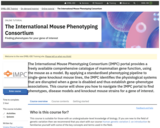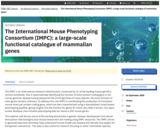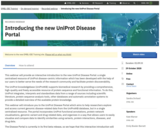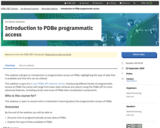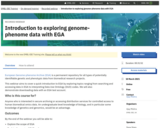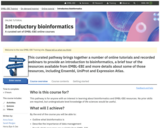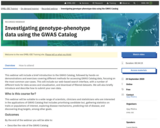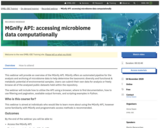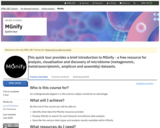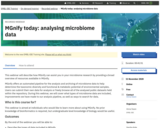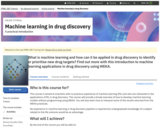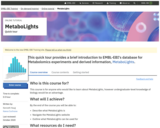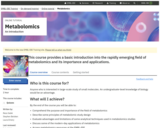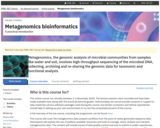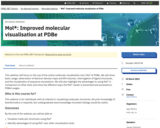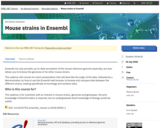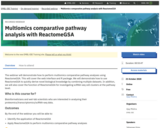This webinar will provide an interactive introduction to the new UniProt Disease Portal: a single centralised resource of UniProt disease-centric information which has been developed with the help of our users to better serve the needs of the research community and facilitate protein discoverability.
The UniProt knowledgebase (UniProtKB) supports biomedical research by providing a comprehensive, high-quality and freely accessible resource of protein sequence and functional information. To do this, UniProt integrates, interprets and standardises data from a range of sources including scientific literature, protein sequence analysis tools, other databases and automatic annotation systems to provide a detailed overview of the available protein knowledge.
This webinar will introduce you to the UniProt Disease Portal which aims to help researchers explore and access current genomic disease-related data from the UniProtKB database, but in a single centralised resource. The portal incorporates UniProt functional annotations, protein network visualisations, genomic variant and drug-related data, and organises in a way that allows users to easily visualise and compare data to identify similarities using variants, protein interactions, diseases, and drug data.
The Disease Portal is currently in its first beta release, so we hope that this interactive introduction will give you an understanding of how to access disease-centric protein data in UniProt and encourage your feedback to assist ongoing development of the Portal to further suit the requirements of our users.
Who is this course for?
This webinar is aimed at individuals who have an interest in protein disease biology, would like an interactive introduction to the new disease portal, and/or wish to learn about how disease data is collected and annotated in UniProt. No prior knowledge of bioinformatics is required, but an undergraduate level knowledge of biology would be useful.
Outcomes
By the end of the webinar you will be able to:
Navigate the beta UniProt disease portal to find and discover information on proteins and therapeutic drugs of interest
Understand how UniProt annotates disease data and identify where the data comes from
Help us develop the UniProt Disease Portal by providing valuable feedback
